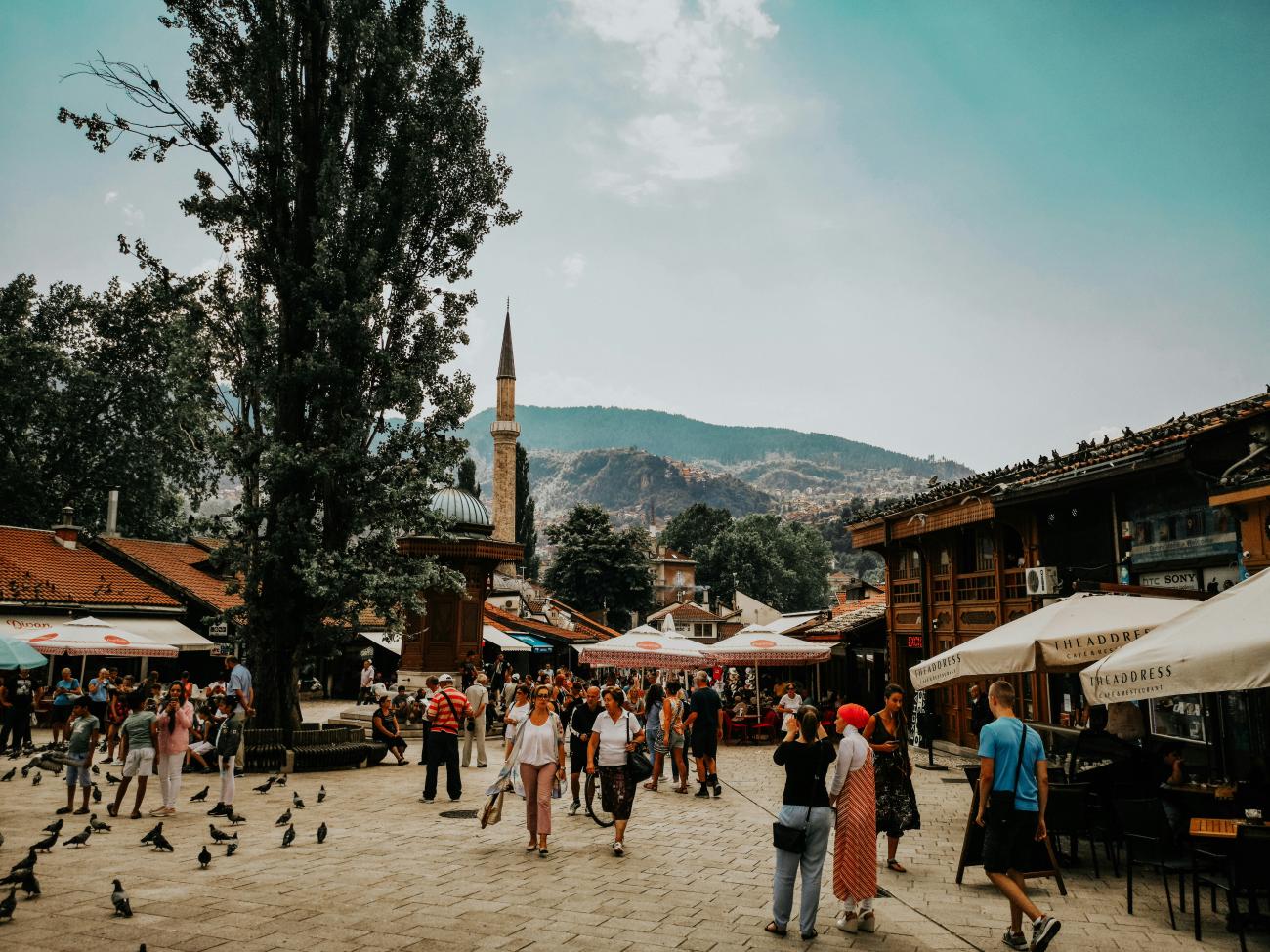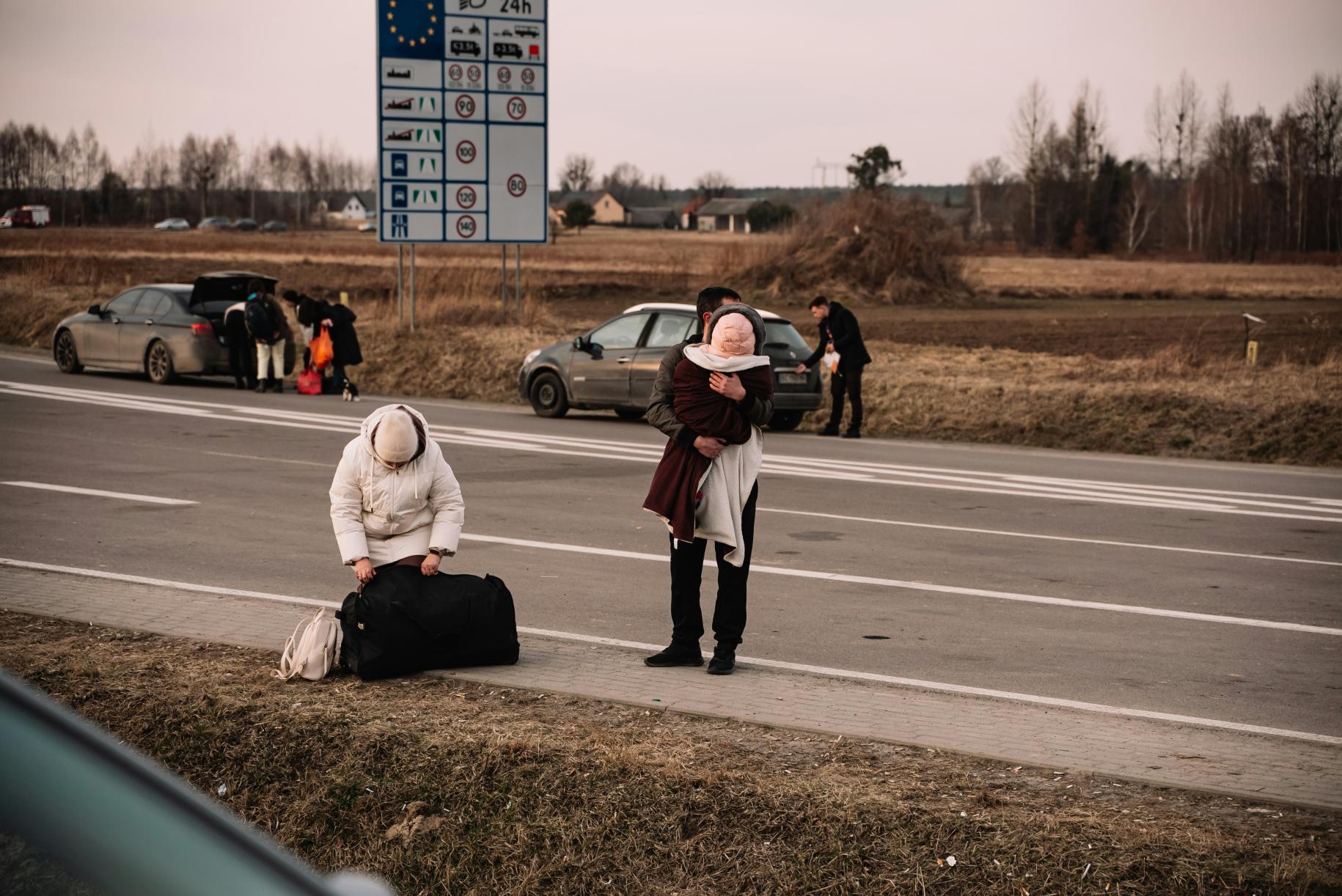From Stateless to Citizen: Bosnia and Herzegovina is closing the gap

Imagine waking up one day, suddenly realizing that you can’t go to school, see a doctor, vote, open a bank account, get a passport to travel, or even get married. You have no access to basic rights, you can’t move freely, and you can be detained at any time. When you die, you don’t even have the right to an official burial and a death certificate. If you have children, you may not be able to register their birth, obtain a birth certificate or other legal identity documents. You are, basically, invisible.
Unfortunately, today, for millions of people around the globe this is a sad reality.
The consequences of statelessness are devastating. Stateless people face a lifetime of missed opportunities and disappointment. But statelessness does not only impact individuals and families. It also has profoundly negative impacts on entire societies. Stateless persons are deprived of opportunities to contribute to the development of their societies and are prevented from reaching their full potential, which can result in losses in a country’s collective potential and progress. However sustainable development is best achieved in societies that are inclusive.
Stateless people can be found in almost every country and in all regions of the world, and most live in the same country in which they were born. States do not only have a legal obligation to resolve the situation of these people, but they also have an ethical and moral obligation towards them. The right to a nationality is a fundamental human right.

UNHCR, the UN Refugee Agency, estimates that some 6,100 people remain stateless or have undetermined nationality in South-Eastern Europe (SEE), including Albania, Bosnia and Herzegovina, Croatia, Montenegro, North Macedonia, Serbia and Kosovo (S/RES (1999). Many of them have become stateless as a result of the dissolution of the former Yugoslavia.
However, authorities in Bosnia and Herzegovina (BiH) have made significant efforts to reduce the number of stateless people, demonstrating strong commitment and progress through measures to enhance the protection of stateless people and identify, reduce and prevent the occurrence of this phenomenon. The capacity of civil society organizations working in this sphere has grown in parallel, with substantial expertise and dedication present across the region. As a result, 864 formerly stateless people acquired a nationality or had it confirmed in BiH since 2014, when UNHCR launched its global campaign against statelessness, #IBelong.
There are currently only 22 known cases of stateless people remaining in BiH. UNHCR supports the provision of free legal aid to stateless persons through the Association Vaša Prava BiH, and it advocates for further facilitation of birth and citizenship registration. UNHCR uses a proactive approach with the authorities at all levels, in order to identify and effectively respond to cases of stateless persons.
Statelessness can be resolved with timely actions and political will, and it is ultimately up to States to take action to close all known cases of statelessness within their territories.
If all stakeholders join their will and efforts, BiH could be among the first countries in Europe to resolve known cases of statelessness and hopefully alleviate the process for potential cases in the future. Jointly with the UN Country Team, under the leadership of the UN Resident Coordinator, UNHCR has been leveraging its expertise and resources to ensure all stakeholders participate in finding lasting solutions for cases or statelessness.
Being stateless can mean a life without prospects or hope, sometimes lasting for generations. Let’s end it. Let’s make sure that we leave no one behind.
Adapted from a joint Op-Ed by Ingrid Macdonald, United Nations Resident Coordinator in Bosnia and Herzegovina, and Lucie Gagné, UNHCR Representative in Bosnia and Herzegovina. To learn more about the UN’s work in Bosnia and Herzegovina visit bosniaherzegovina.un.org













